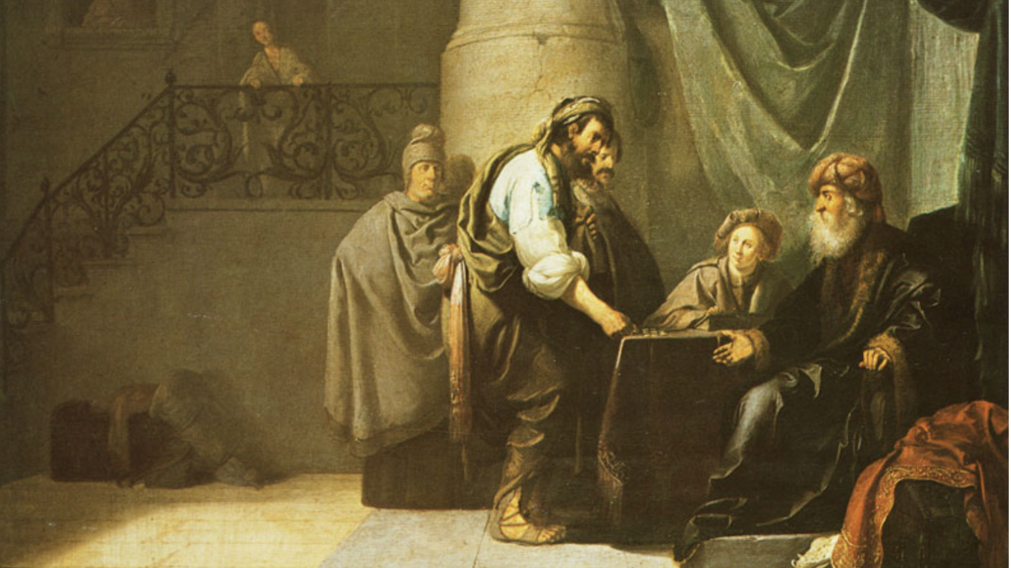I was raised in a generation that taught that God gave each of us a vocation to live out. In the religious ethos of that time, particularly in Roman Catholic spirituality, we believed that we were put on this earth with a divine plan for us, that God gave us each a special vocation to live out.
Moreover, this was not something we were free to choose for ourselves; it was God-given. Our task was to discern that vocation and give ourselves over to it, even at the price of having to renounce our own dreams. We remained free to accept or not, but at a peril. To be unfaithful to your vocation meant a misguided life.
There’s an important truth in that notion, though it needs some critical nuances. First, in that spirituality, they thought of vocations in a very restrictive sense, essentially envisaging only four basic vocations: priesthood, religious life, marriage, and single life. Further, they tended to put too much gravity on the choice, namely, if you chose wrong or if you resisted your God-given vocation, it might endanger your eternal salvation. There were some unhealthy fears connected to the choice.
I saw that firsthand when I served as the provincial superior for our religious order for six years. One of my tasks was to apply to Rome for the laicization of priests leaving the priesthood. I saw how many of those leaving the priesthood had chosen that vocation under undue pressure and false fear. Their choice had not been a free one.
That being said, the old notion of vocation is essentially still true and is too easily lost in a world and culture that generally puts personal freedom above all else. We need to learn again the importance of finding one’s vocation and giving oneself over to it.
Admittedly, vocation needs to be defined more widely than choosing between priesthood, religious life, marriage, and single life. Instead, it needs to be defined as an obedience to the inner dictates of our soul, our gifts, our talents, and the non-negotiable mandate inside us to put ourselves in service to others and the world.
James Hollis, a Jungian therapist writing from a purely secular viewpoint, highlights precisely this point. “Our real desires and our destiny are not chosen for us by our ego, but by our nature and ‘the divinities’. … Something within us knows what is right for us and its insistence on expression is what keeps us awake at night, nudges us from within during our busiest hours, or causes us to envy others. Vocation is a summons of the soul. … It’s as if we were sent to this land with a royal assignment, and if we have only dithered about and forgotten the task, then we have violated our reason for being here.” How true.
Columnist David Brooks, also speaking from a secular place, strongly agrees. A vocation, he writes, is an irrational factor wherein you hear an inner voice that is so strong that it becomes unthinkable to turn away and where you intuitively know that you don’t have a choice, but can only ask yourself, what is my responsibility here?
As well, the summons to a vocation is a holy thing, something mystical, a call from the deep. Thus, discerning your vocation is not a matter of asking what you expect from life but rather what life expects from you.
What would Jesus say? As we know, Jesus was fond of teaching in parables and his parable of talents (Matthew 25 and Luke 19) is ultimately about living out one’s God-given vocation. In that parable, those who use their talents thrive and are given even more talents.
Conversely, those who hide their talents are punished. In essence, the message is this: If we use our God-given talents, we will find meaning and blessing in our lives; on the other hand, if we don’t use our talents, those very gifts will snakebite us, poison our happiness, and generally embitter our spirits.
Show me a man who is bitter and envious, and most times you will see a gifted man who, consciously or unconsciously, is frustrated because he has not used his talents or has used them in a manner that doesn’t serve others. Bitterness and envy are often the unhappy residue from being snake-bitten by our own unused or misused intelligence and gifts.
There’s a voice inside us issuing forth from the depths of our souls that speaks for our talents, our temperament, our unique circumstance in life, our moral and religious sensitivities, and even for our wounds. This voice is gentle, but firm and unrelenting, as it tells us that we are not free to do anything we want with our lives. We need to surrender them to something higher than ourselves.
And, indeed there’s a peril in not listening, though what’s at stake is not our eternal salvation, but our happiness and generativity on this side of eternity.

